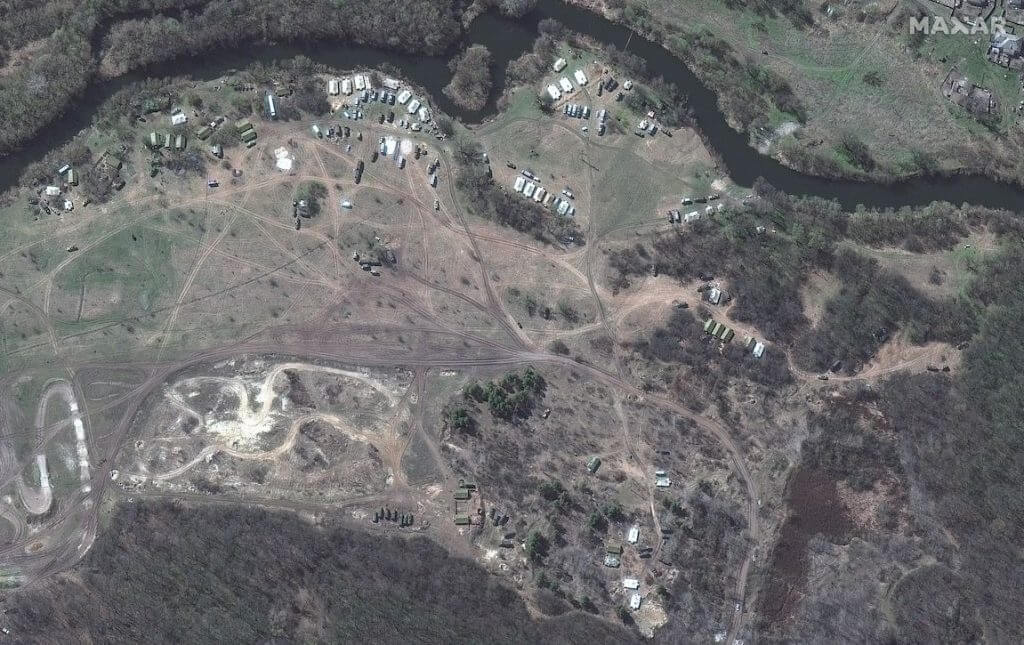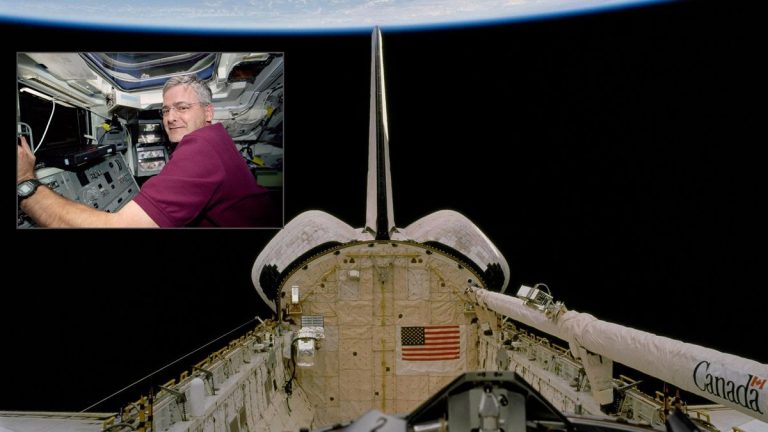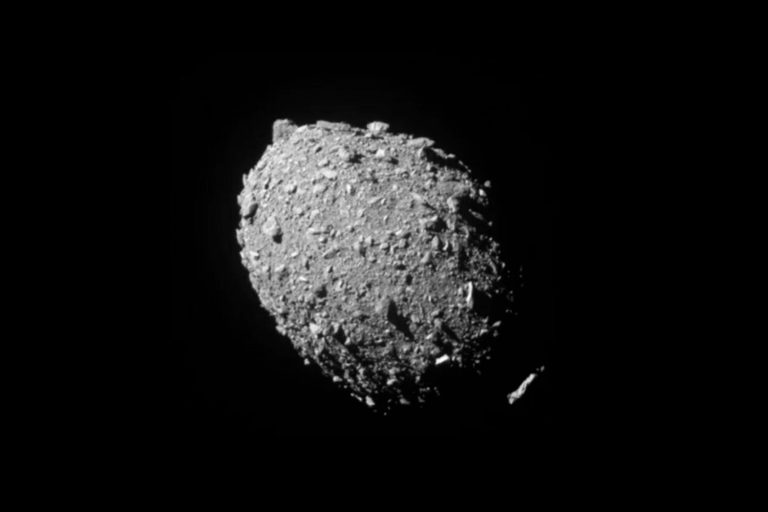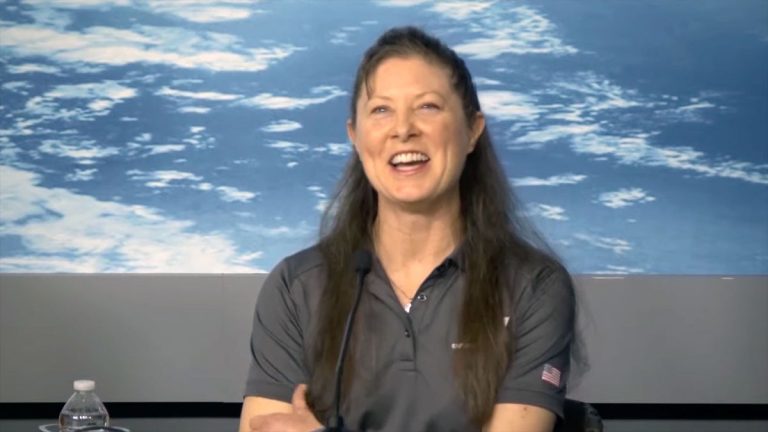
Russia’s invasion of Ukraine: Astronauts share their unique perspective (Image Credit: Space.com)
Russia’s ongoing invasion of Ukraine has effects that are visible from space, as astronauts have recently noted.
European Space Agency astronaut Matthias Maurer, who returned to Earth from the International Space Station last month, said he could see the war unfolding from the orbiting lab, about 250 miles (400 kilometers) up. The invasion started on Feb. 24, roughly halfway into his six-month mission.
“When you’re in space, you feel so far away at first,” the German astronaut told broadcaster ARD’s “Morgenmagazin” program, according to a Wednesday (May 25) translation (opens in new tab) in Newsweek. “At the beginning of the war, the whole country went dark at night.”
Related: Russia’s invasion of Ukraine as seen in satellite photos
Live updates: Ukraine invasion’s impacts on space exploration
Maurer said it was difficult to recognize major Ukrainian landmarks aside from Kyiv, the nation’s capital. But the war “was clearly visible to the naked eye from space,” and sometimes “events were clearly recognizable,” Maurer added. For example, he noted that he could see “huge clouds of smoke over cities like Mariupol.”
Russian forces have hammered Mariupol, a strategically important port city on Ukraine’s southern coast, hard since the beginning of the invasion. The Guardian said (opens in new tab) on May 17 that the city is “in ruins” and pointed to signs of Russian control increasing in the region, such as Ukrainian soldiers being evacuated from a steel plant that had served as a last redoubt.

Maurer did not say if the war was discussed in space with his Russian crewmates. NASA has emphasized that the International Space Station multinational partnership, which is led by Russia and the United States, remains intact with no major disruptions to operations. That said, numerous other Russian space partnerships have fallen apart due to the invasion.
NASA astronaut Mark Vande Hei landed in Kazakhstan in a Russian Soyuz spacecraft without incident on March 30 despite persistent rumors that his homecoming would be disrupted as a result of the conflict. (He shared the vehicle with two cosmonauts.)
“I certainly never had any concerns about how I was going to be treated by the Russian space program. Honestly, our interactions, our partnership with the Russians, has been one of the reasons we’ve been able to fund the space program,” Vande Hei told the Washington Post (opens in new tab) on Tuesday (May 24).
“Because people that don’t care about space exploration, some of those people care a lot about international relations. And so having something going on with the space program that allowed us to enhance international cooperation made our cooperation with the Russians, or the Soviet Union back then, something that was very important during the Cold War,” he added.

Vande Hei spoke extensively about the relationships he forged with his crewmates, emphasizing that he spent nearly a year (355 days) in space with cosmonaut Pyotr Dubrov and that the Russian colleagues he’s known in his years at NASA “will be very, very dear friends.”
He also said he talked to them about Ukraine and how sad he was feeling about it. “I don’t want to give what their answers were. But, you know, they’re human beings, and the sources of information that we draw on to form our opinions have a big impact.”
Vande Hei acknowledged that his own outlook has been colored by serving in the military prior to being an astronaut (he held numerous senior roles (opens in new tab) in the Army in the early 1990s, as the Cold War was cooling). But he added that, since that era, he has co-piloted a Russian spacecraft (the Soyuz MS-06 in 2017-18) and has had many opportunities to work with Russians while training for his missions.

And American culture has its blind spots, Vande Hei said. For example he said that, while watching action movies with his crewmates in space on a previous mission, he came to realize “all the bad guys were Russians.”
The cosmonauts on board during that mission, he added, told him, “It’s kind of scary when we see that everybody in the United States, the mass media in the United States, is portraying Russians as the bad guys.”
Vande Hei said that human beings have a tendency to “put people in the category of ‘the others'” and stressed the importance of having people from different social groups interacting.
“Honestly, that applies to politics in the United States, too,” Vande Hei said.
Follow Elizabeth Howell on Twitter @howellspace (opens in new tab). Follow us on Twitter @Spacedotcom (opens in new tab) and on Facebook (opens in new tab).








